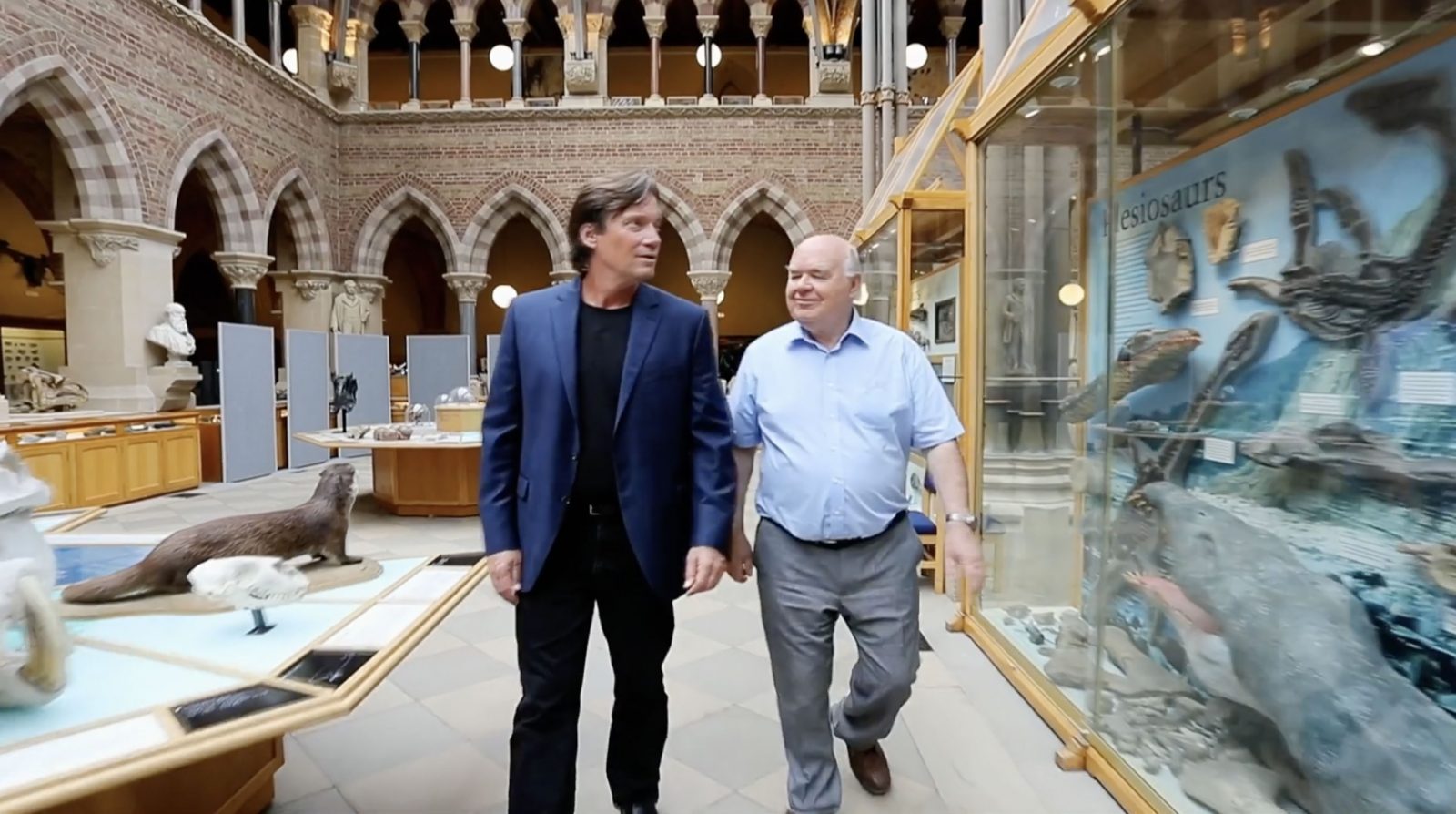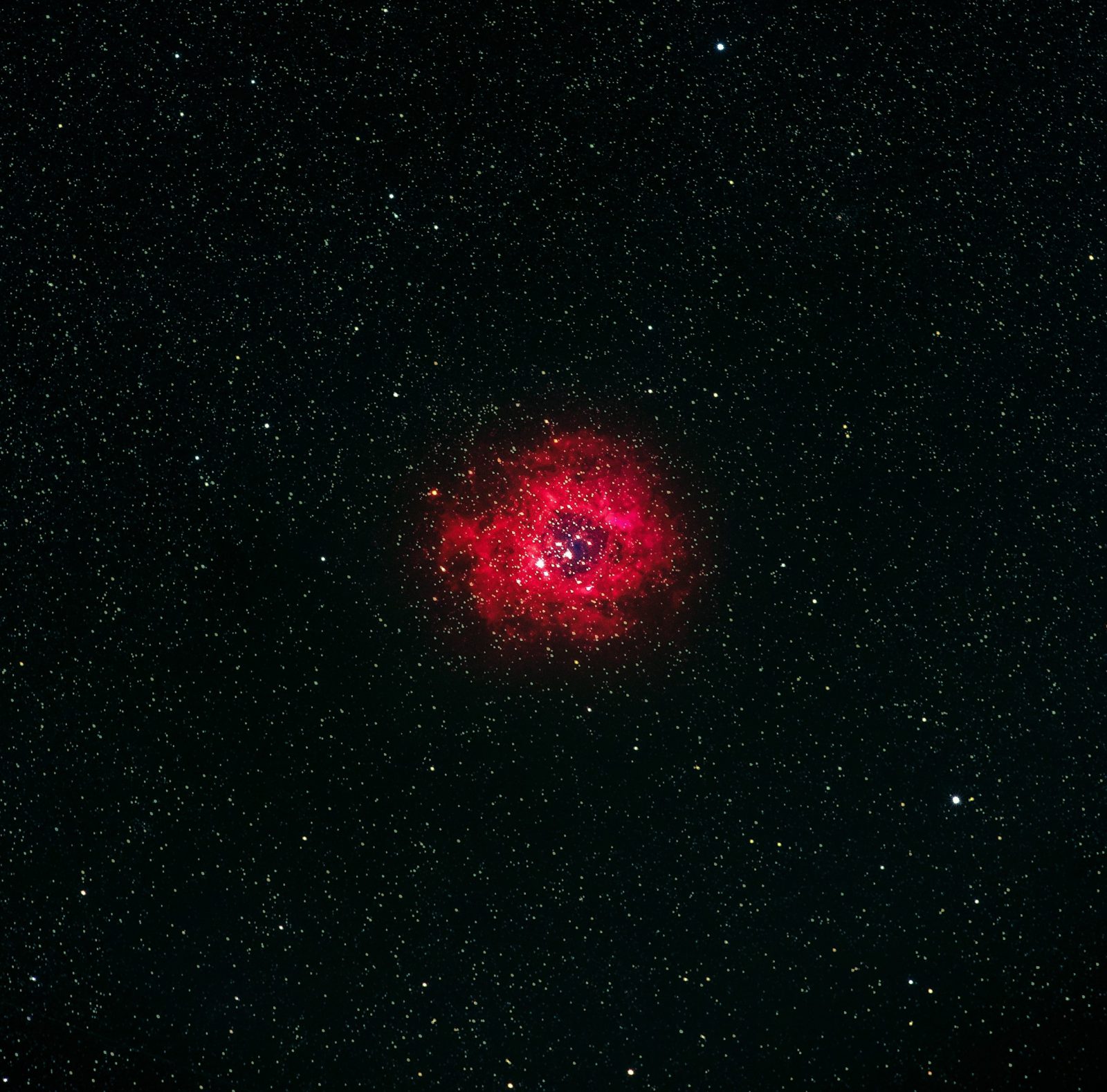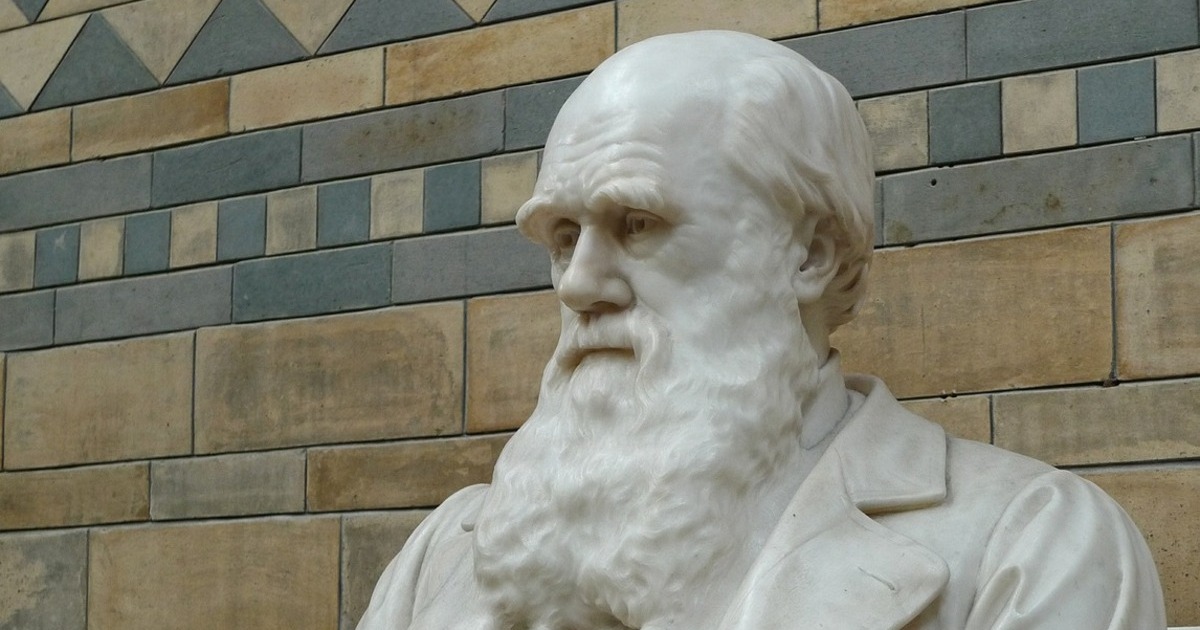
Richard Weikart on Scientific Racism and the War on Humanity
Today’s ID the Future again spotlights The Comprehensive Guide to Science and Faith. Historian Richard Weikart and host Casey Luskin discuss Weikart’s contribution to the new anthology, his essay “How Evil Has Been Done in the Name of Science.” As Weikart explains, over the past century and a half, science has been misused to fuel racist policies and undermine human rights. Darwinian ideas helped lay the groundwork for Nazi ideology in Germany. And we shouldn’t imagine the problem was restricted to Nazi Germany. Scientific racism also reared its head in the United States, including in the long-running and infamous Tuskegee syphilis experiment. More broadly, a marriage of scientism and evolutionary thinking continues to undermine the idea of inherent human worth Read More ›






